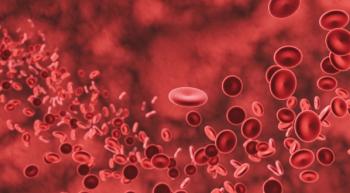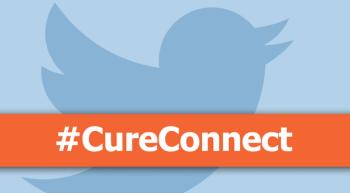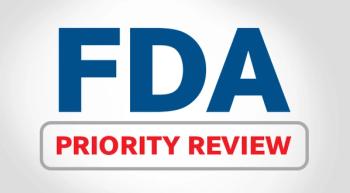
When stuck in this space, it is tempting to hide from life, but with all the beauty in the world, it doesn't serve any of us to hide.

When stuck in this space, it is tempting to hide from life, but with all the beauty in the world, it doesn't serve any of us to hide.

Often, it is the nurses who hold the hands of the patient who is extremely ill in critical care or dying. It is the nurses left to comfort the grieving families after the devastating loss of a loved one.

Some patients with incurable non-small cell lung cancer (NSCLC) should receive chemotherapy concurrent with palliative thoracic radiation therapy, according to an updated guideline released by the American Society for Radiation Oncology (ASTRO).

Finding a lump on my remaining testicle sent me into a tailspin on while vacation.

I found my husband there in the dream. He was alive. He was healthy. He could talk again.

Just because you don't look sick, it doesn't mean that you are not.

How has cancer changed my life? Let me count they ways.

Findings from a phase 3 randomized clinical trial offer new hope to some patients who have advanced myelofibrosis.

While drug shortages are a pressing problem in the world of oncology, only a small percentage of patients are actually aware of the issue, according to a recent study.

Cancer is a serious business. But who said it needs to be a business of seriousness?

Losing my hair, eyebrows and eyelashes didn't change who I was. It didn't change they people who loved me. Thanks to bright colors and make up, people told me all the time that I looked great.

As part of the Prostate Cancer Foundation’s first annual campaign, Kristen Bell selected two winners because of their ‘candor and honesty’ to be honored.

PARP inhibitors are continuing to create buzz in the ovarian cancer space, both as single agents and in combinations that are currently being examined in clinical trials.

Physically, I was on an upswing, but emotionally, things weren't looking great.

It is important that adolescents and young adults with cancer reach out and seek support when they need it.

Sometimes worry is good. It keeps us alert and safe. Other times, we kick into worry overdrive and it is helpful to create a tool bag of ways to calm ourselves.

Doctors, don't just hear us, listen to us.

Ever walk into a room and forget what you're doing? Chemo brain made me do that daily.

Join us on Tuesday, April 10 at 1 p.m. EST for our monthly #CureConnect tweet chat, where we’ll focus on our recent gastrointestinal cancers special issue.

Cancer Care Planning and Communications (CCPC) Act would make survivorship care plans more accessible to patients who are insured by Medicare.

Cancer research can be a very slow, cumbersome and expensive process, but until someone comes up with a better idea or discovers a miracle curative plant in the Amazon jungle, this is the way it has to work.

The Food and Drug Administration (FDA) granted duvelisib a priority review to a new drug application (NDA) for full approval to treat patients who have relapsed or refractory chronic lymphocytic leukemia or small lymphocytic leukemia (CLL/SLL). The FDA also granted an accelerated approval for the treatment of patients with relapsed or refractory follicular lymphoma.

Breast cancer survivor facing her double mastectomy struggles with tears and hugs.

While previous studies showed bright white light therapy could prevent cancer-related fatigue, researchers also found it improves poor sleep efficiency among a variety of tumor types.

The memories formed during a bout with breast cancer can be both painful and challenging. This article shares openly about a daughter's feelings for her mother as she struggled to fight cancer.

With no peer support, nor any guidance on how to navigate this part of the disease, Casperson started a blog. Through this, she connected with other survivors.

The Food and Drug Administration (FDA) approved Rubraca (rucaparib) as a maintenance therapy for women with recurrent epithelial ovarian, fallopian tube or primary peritoneal cancer who are in complete or partial response to platinum-based chemotherapy, according to Clovis Oncology, the company that manufactures the drug.

The Healing Tree program at the Dempsey center helps young people who were affected by cancer cope.

Two-time cancer survivor works through her feelings as her double mastectomy approaches.

Israeli study shows cannabis is safe and effective for the palliative treatment of patients with cancer.